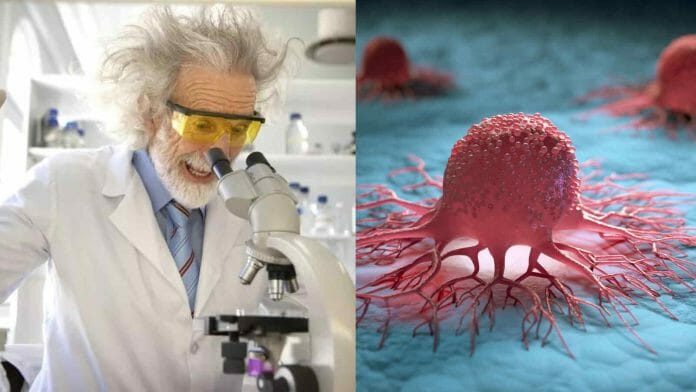There was a recent breakthrough at New York’s Memorial Sloan Kettering Cancer Center. It was a short trial conducted with rectal cancer patients where the patients ended up taking a drug called “Dostarlimab” for six months. Astonishingly, their cancer disappeared at the end of the trial. Even though it was a very small trial, it marked quite a breakthrough in the medical field.
Next, the compound of Dr. Jung-Mo Ahn – a University of Texas at Dallas researcher – was tested. The molecule was found to be killing the cancer cells, even the ones which are very hard to treat. The healthy cells remain intact without any harm. The new remedy is having a special effect on triple-negative breast cancer. They targeted a weakness of the cancer cells which previously remained unseen by other drugs. The groundbreaking study included both human cancer cells and cancer growth in mice. It was published for the world to see in the journal named Nature Cancer.
Read More: What Is Aphasia, The Condition That Compelled Bruce Willis To Retire?
All About ERX-41 Molecule That Kills Deadly Forms Of Cancer
Not Much Hope For Those With Tripple Negative Breast Cancer
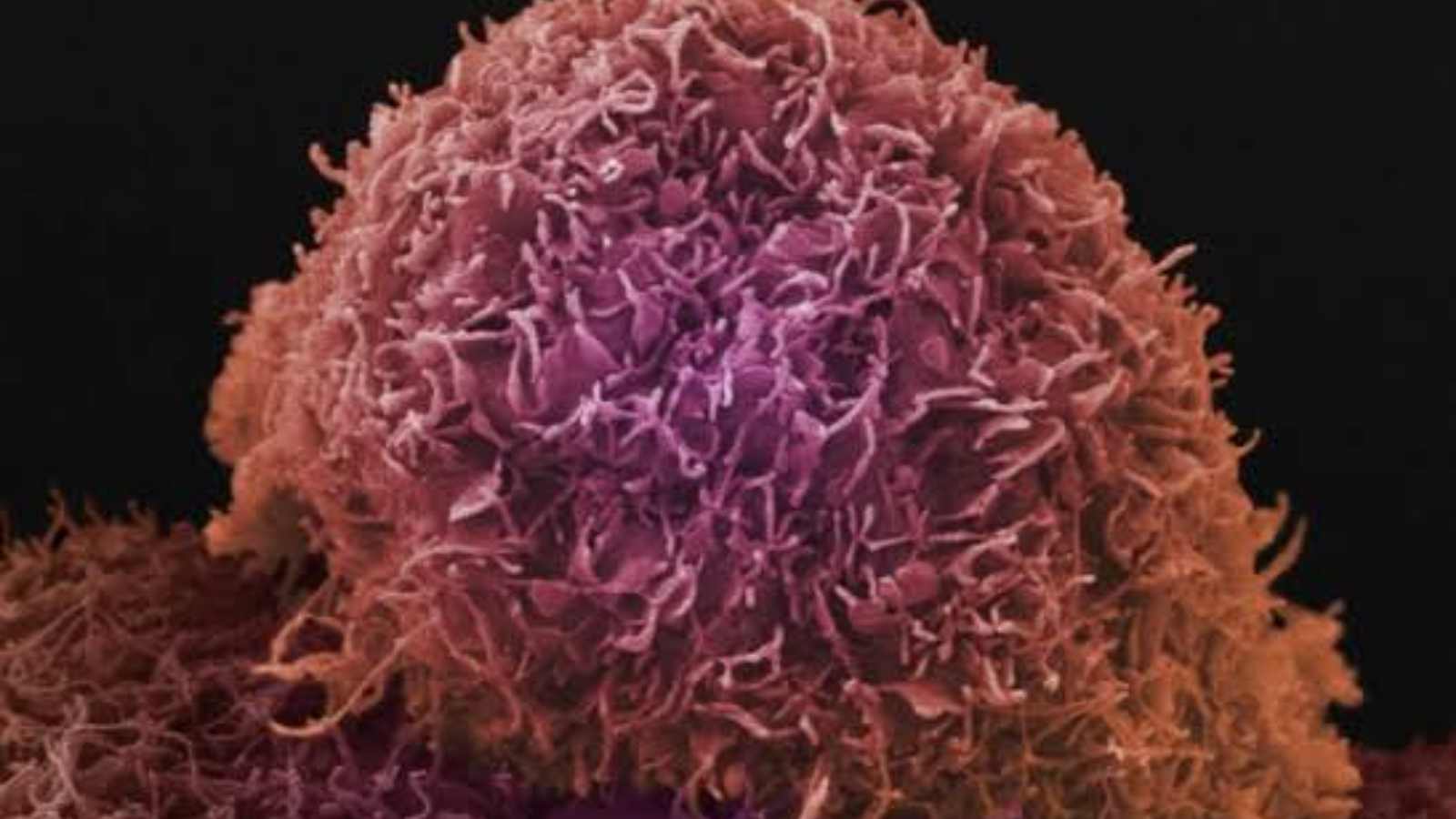
As the medical field has made back-to-back discoveries, there are many treatment options available for ER-positive breast cancer. But the ray of hope still remains dim in the case of triple-negative breast cancer (TNBC). This type of breast cancer affects women over 40. TNBC has more adverse effects than the other types of breast cancer. Ahn, a co-corresponding author of the study and a UT Dallas associate professor of chemistry and biochemistry at the School of Natural Sciences and Mathematics is working on a new remedy. His study focuses on small molecules which target protein-protein interactions in cells.
In TNBC cells, there are lack of receptors for estrogen, progesterone, and human epidermal growth factor 2. Ahn and his colleagues tested a new compound he synthesized called ERX-41 for its effects on breast cancer cells – cells that had estrogen receptors and cells which lacked them. “The ERX-41 compound did not kill healthy cells, but it wiped out tumor cells regardless of whether the cancer cells had estrogen receptors,” Ahn said. “In fact, it killed the triple-negative breast cancer cells better than it killed the ER-positive cells.”This was puzzling to us at the time. We knew it must be targeting something other than estrogen receptors in the TNBC cells, but we didn’t know what that was.”
ERX-41 Causes No Side Effects In Healthy Mice
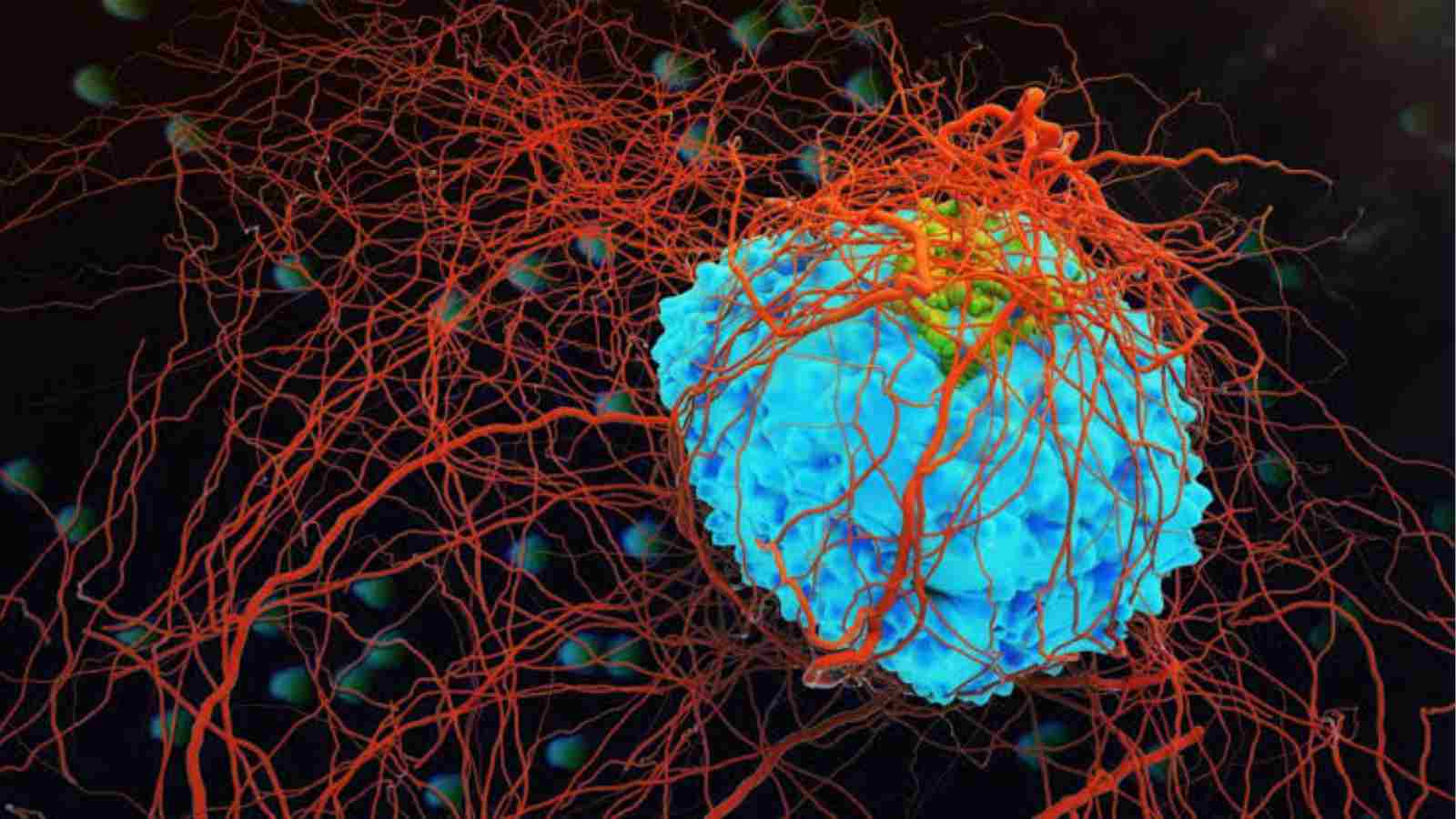
Ahn’s team found out that ERX-41 binds to lysosomal acid lipase A (LIPA), a cellular protein. LIPA is present in the Endoplasmic reticulum which is a cell organelle. It is responsible for processing and folding the proteins. “For a tumor cell to grow quickly, it has to produce a lot of proteins, and this creates stress on the endoplasmic reticulum,” Ahn said. “Cancer cells significantly overproduce LIPA, much more so than healthy cells. By binding to LIPA, ERX-41 jams the protein processing in the endoplasmic reticulum, which becomes bloated, leading to cell death.”
ERX-41, when used in healthy mice, caused no adverse effects. “It took us several years to chase down exactly which protein was being affected by ERX-41. That was the hard part. We chased many dead ends, but we did not give up,” Ahn said. “Triple-negative breast cancer is particularly insidious – it targets women at younger ages; it’s aggressive, and it’s treatment-resistant. I’m really glad we’ve discovered something that has the potential to make a significant difference for these patients.“
The Molecule Is Winning Against Even The Deadliest Types Of Cancer
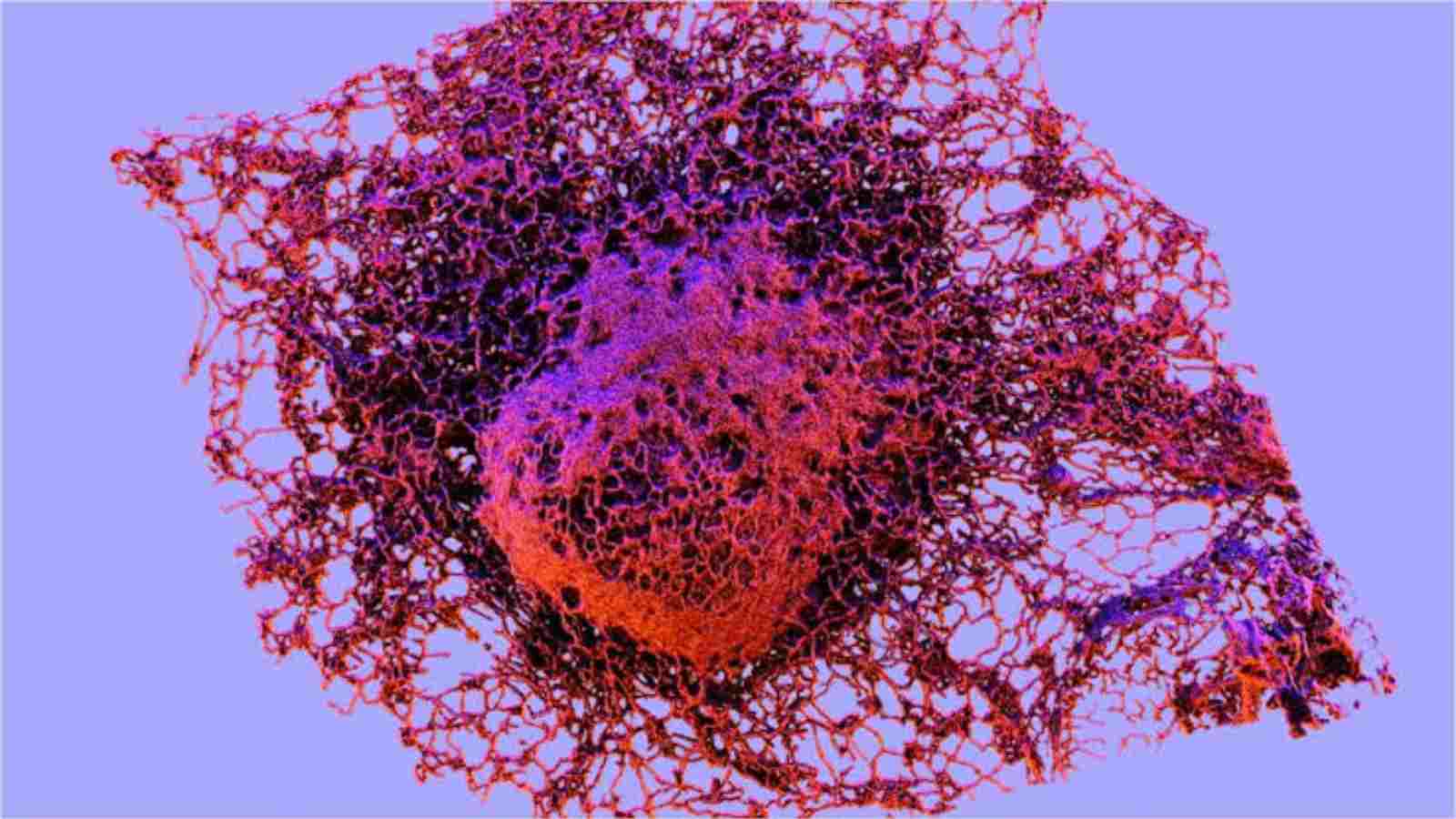
When ERX-41 was used in the mice with affected human cancerous growth, an amazing breakthrough happened. The scientists discovered that the growth was shrinking as soon as the compound started showing its effects. Not only that, the amazing part was that the molecule was even affecting the cancerous cells which were collected from people who had had their cancers removed. They found that ERX-41 is effective against other cancer types with elevated endoplasmic reticulum stress. They included deadly cancers like pancreatic and ovarian cancers and glioblastoma, the most ‘aggressive and lethal primary brain cancer’.
To find out about the ERX-41 molecule, Ahn collaborated with a lot of people – namely, Dr. Ganesh Raj, professor of urology and pharmacology at the Harold C. Simmons Comprehensive Cancer Center at UT Southwestern Medical Center; Dr. Ratna Vadlamudi, professor of obstetrics and gynecology at UT Health San Antonio; and Dr. Tae-Kyung Lee, a former UTD research scientist in Ahn’s Bio-Organic/Medicinal Chemistry Lab, was also involved in synthesizing the compound.
Ahn’s Achievements

Ahn is a joint holder of a significant amount of patents. He is currently waiting on ERX-41 and related compounds, which have been licensed to the Dallas-based startup EtiraRX. It’s a company co-founded in 2018 by Ahn, Raj, and Vadlamudi. The company has plans in the future of starting the clinical trials for ERX-41 as soon as possible. They are planning to begin by the first quarter of 2023. This is offering new hope to the human race. This marks a new beginning in cancer treatment. Everyone is hoping for ERX-41 to work.
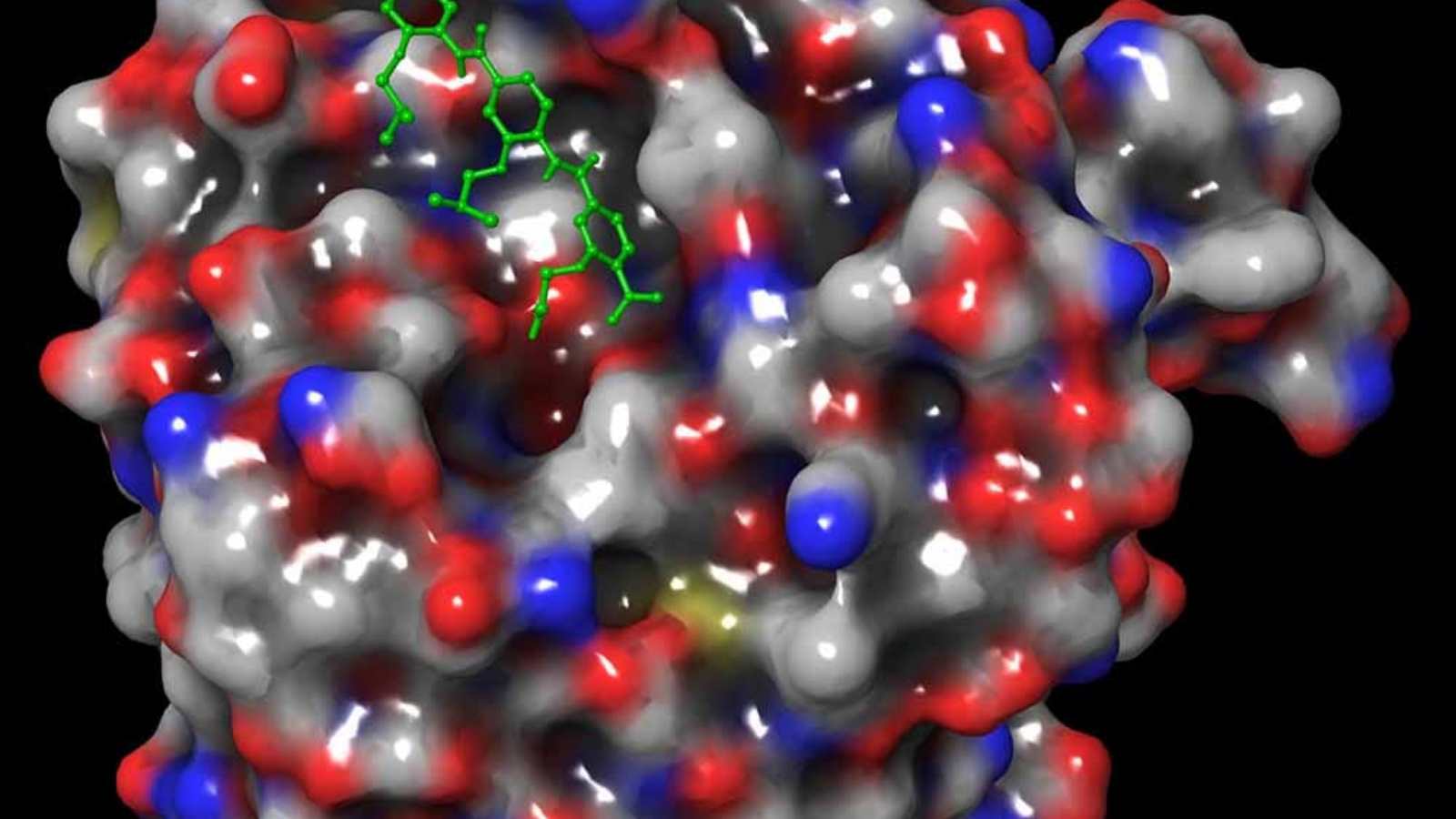
The abstract of Ahn’s study stated, “Triple-negative breast cancer (TNBC) has a poor clinical outcome, due to a lack of actionable therapeutic targets. Herein we define lysosomal acid lipase A (LIPA) as a viable molecular target in TNBC and identify a stereospecific small molecule (ERX-41) that binds LIPA. ERX-41 induces endoplasmic reticulum (ER) stress resulting in cell death, and this effect is on target as evidenced by specific LIPA mutations providing resistance. Importantly, we demonstrate that ERX-41 activity is independent of LIPA lipase function but dependent on its ER localization.”
“Mechanistically, ERX-41 binding of LIPA decreases expression of multiple ER-resident proteins involved in protein folding. This targeted vulnerability has a large therapeutic window, with no adverse effects either on normal mammary epithelial cells or in mice. Our study implicates a targeted strategy for solid tumors, including breast, brain, pancreatic and ovarian, whereby small, orally bioavailable molecules targeting LIPA block protein folding, induce ER stress and result in tumor cell death,” it added.
Read More: “My Sickness Is Getting Worse”: Justin Bieber Postpones His ‘Justice’ Tour Again

